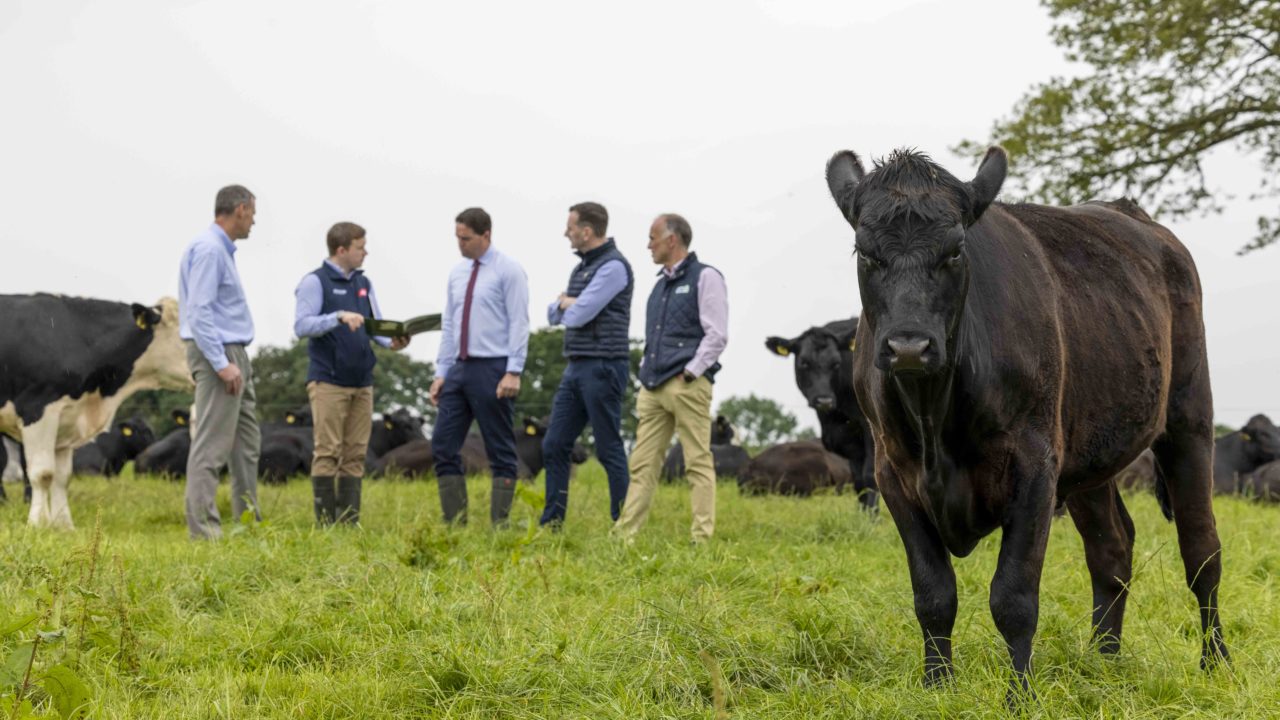Results from a collaborative research project between ABP, Teagasc, and the Irish Cattle Breeding Federation (ICBF) show that significant reductions in Irish beef-herd emissions are achievable by improving genetics.
Up to 13% of a reduction is possible, according to the research, which also led to improved returns for farmers of up to €200/animal.
The findings have the potential to play a significant role in helping Ireland’s agriculture sector reach the targets set out under the Climate Action and Low Carbon Development (Amendment) Act 2021, the researchers said.

The findings are also applicable across different beef-production systems, they said.
The research was conducted on ABP’s demonstration farm and is based on six years of data involving over 4,000 animals.
The output from the research is already being shared with farmers across the country through the ICBF database with over 233,000 calves born and reared on Irish farms bred from beef bulls from the programme.
Improved genetics allows the animals to grow faster through better feed conversion and as a result, they are ready for market at a younger age, thus, reducing emissions significantly.
Minister of State with responsibility for research and innovation at the Department of Agriculture, Food and the Marine, Martin Heydon said: “Irish grass-based beef systems are among the most sustainable production models in the world.
“The work of our farmers, coupled with collaboration from industry partners like ABP, Teagasc, and ICBF will be central to strengthening Ireland’s position as a world leader in beef production.
“As demonstrated on this farm, adoption of cutting-edge research and technologies can deliver for both emissions reductions and farmers’ bottom lines.”
